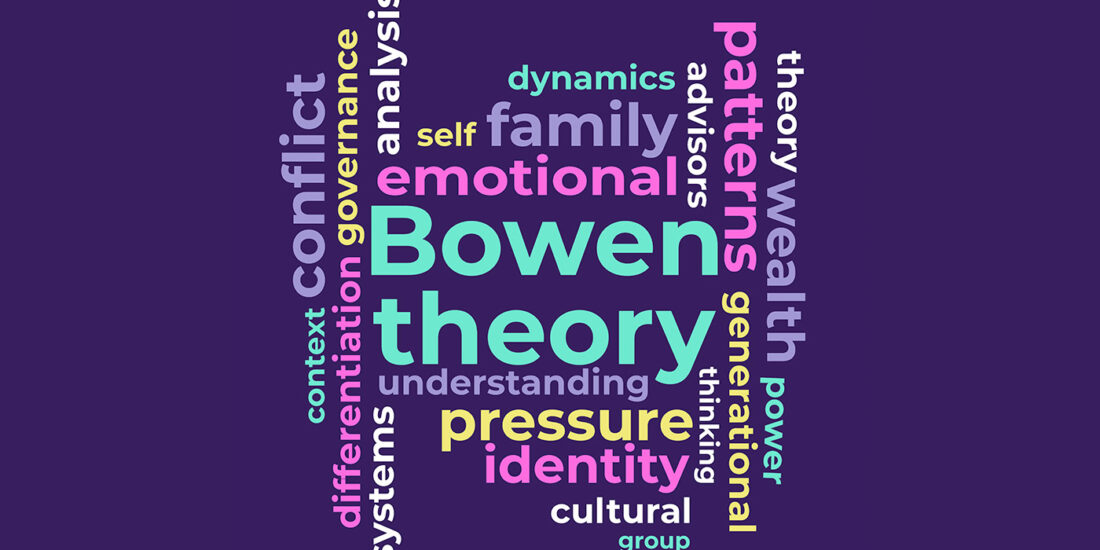
View this edition in our enhanced digital edition format with supporting visual insight and information.
This issue is the second in our series of “Articles We Love,” curated by GEN faculty members. This week Natalie McVeigh, GEN 201 Faculty member and FFI Fellow, has chosen the articles. With a background in consulting and coaching, she has chosen articles that relate to GEN 201, “The Action Research Model as Applied to Family Enterprise Advising.”
If you have not participated in the FFI Certificate Program, now might be the time! All courses are offered each quarter. For more information, go to www.ffigen.org.
It has been my pleasure to teach in the FFI GEN program for the past eight years. Students often ask how to dive more fully into building their skills through the Action Research Model, as GEN 201 focuses on those abilities. Here are some great FFI Practitioner articles that speak to the concepts in the course and the concluding capstone.

Contracting in Family Enterprise Advising: A Critical Factor for Success
By Judi Cunningham and Wendy Sage-Hayward
One of the important elements of advisory work with families is the contracting process and how different it is from many advisors’ previous disciplines. This is a great article discussing not just the technical aspect of the contract process but how it is part of building trust with the client.

Interdependent Wealth: How Family Systems Theory Illuminates Successful Intergenerational Wealth Transitions
By Steve Legler
A family systems approach allows practitioners to see the interdependence of individuals. A family advisor who is trained in that approach is in a unique position to understand how changes that the client family implemented could have had unintended consequences on the wider family system. This article illuminates ways in which parallel processes in family systems theory and family wealth advising can be considered.

The Myth of Working with the Family System
By Deb Houden
As advisors start looking at systems in their work, they can forget the individual lens. One approach is not necessarily better than the other; rather, the integration of both is important in family advising. Individuals matter, not just interdependence.

Arcs of Transformation in a Family Enterprise: Balancing Structure and Culture
By Christian Stewart and Matthew Flynn
As practitioners start to work with family businesses and family offices, they are excited to apply “best practices” and to “professionalize” these enterprises. It is important to understand that their clients are successful, or they would not be in a position to have support for advisors’ work on the enterprise. When making change, it is important for practitioners to honor the culture.

Change DNA and Family Legacy
By Doug Gray and Natalie McVeigh
Lastly, I co-authored an article that I think applies to the GEN 201 class. It is really about how families can view issues as “either-or” dichotomies when they may really be two sides of the same coin, and the way in which advisors can talk about those issues and visualize them is a helpful part of the process in working with multi-generational families enterprises.
About the Contributor

Natalie McVeigh, FFI Fellow and FFI GEN Faculty member, is a consultant and coach with EisnerAmper in their Center for Individual and Organizational Performance. In addition to her work with clients and teaching, she is a former member of the FFI Board of Directors. She can be reached at natalie.mcveigh@eisneramper.com.

View this edition in our enhanced digital edition format with supporting visual insight and information.





